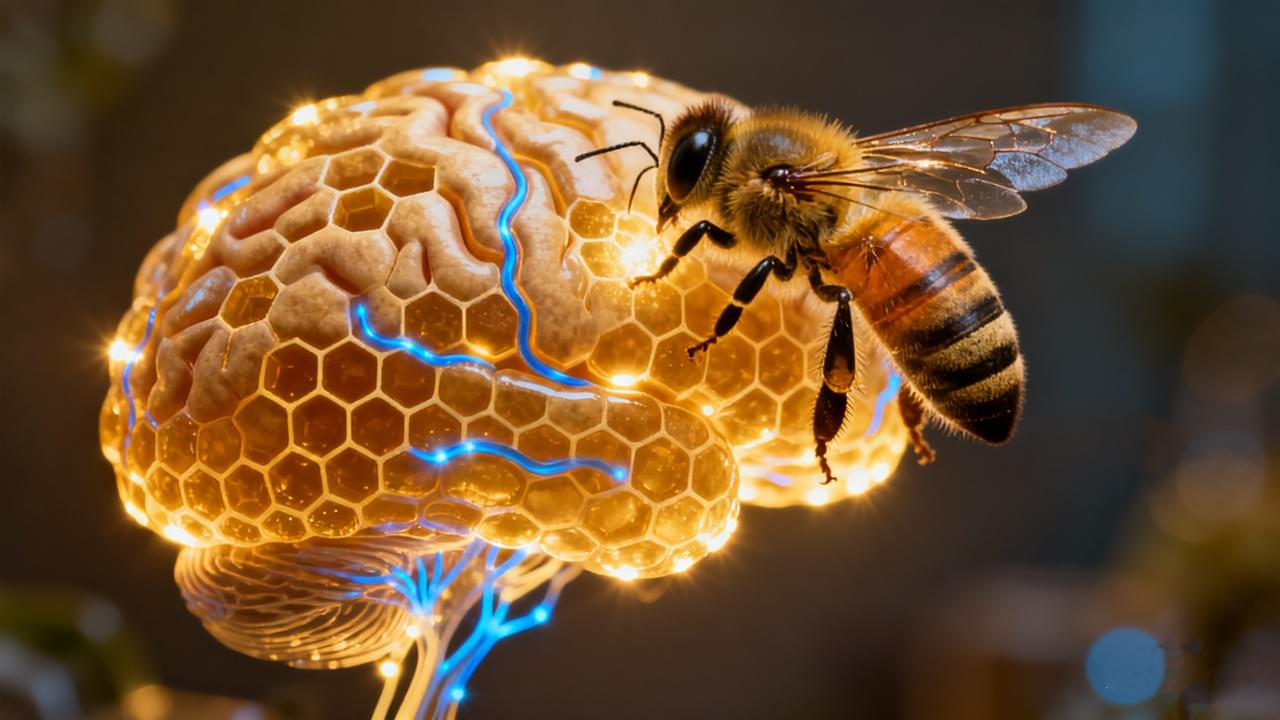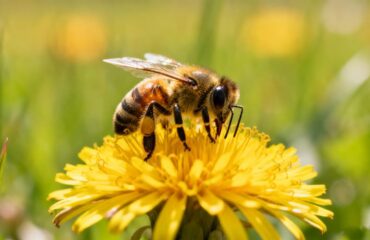In recent years, bee venom neuroprotection has gained the spotlight among scientists and wellness experts exploring natural solutions for brain health. Once known mainly for its pain-relieving qualities, bee venom is now studied for its ability to protect nerve cells and support cognitive function.
This shift from pain relief to neuroprotection represents an exciting new frontier in neuroscience. As neurodegenerative conditions like Parkinson’s and Alzheimer’s rise, researchers and manufacturers such as Delee Bee Venom are investigating bee venom’s potential to become a natural ally in maintaining brain vitality.
1. The Science Behind Bee Venom’s Neuroactive Power
Bee venom is a complex biological cocktail containing peptides and enzymes with strong effects on the nervous system.
The star compound, melittin, makes up about half of bee venom’s content. It helps reduce inflammation by regulating cytokines such as TNF-α and IL-1β—both associated with neural inflammation and cell damage.
Another vital peptide, apamin, can cross the blood-brain barrier, influencing calcium-activated potassium channels. This unique property may enhance neural communication and protect against oxidative stress, making apamin an exciting molecule in bee venom Parkinson’s research.
2. Promising Findings in Parkinson’s and Other Disorders
Early studies suggest that carefully controlled doses of bee venom may help preserve dopaminergic neurons—the cells most affected in Parkinson’s disease. Research also indicates that bee venom could reduce brain inflammation, improve motor function, and protect neurons from toxic damage.
Beyond Parkinson’s, scientists are exploring how bee venom components might aid in conditions linked to chronic inflammation, such as multiple sclerosis and peripheral neuropathy. While these results are still preliminary, they point to melittin benefits for brain health that warrant further investigation.
3. How Bee Venom Protects Neurons
Bee venom’s neuroprotective potential lies in three key biological mechanisms:
- Anti-inflammatory action – By calming excessive immune responses in the brain, bee venom peptides can prevent nerve cell damage.
- Ion channel regulation – Apamin’s effect on SK channels enhances neuron signaling and cognitive clarity.
- Antioxidant defense – Bee venom’s bioactive molecules reduce oxidative stress and support mitochondrial stability.
Together, these actions form a protective shield that helps the nervous system maintain its resilience and function over time.
4. Safe Use and Medical Guidance
Despite its natural origin, bee venom is potent and must be handled responsibly. Allergic reactions, including anaphylaxis, can occur even in very small amounts. Therefore, any therapeutic application should be performed under professional medical supervision.
People with autoimmune conditions, pregnant or breastfeeding women, and anyone allergic to bee products should avoid use. In research and product development, Delee Bee Venom ensures that its high-purity, ethically sourced bee venom meets the strictest safety and traceability standards.
5. Ethical and Sustainable Bee Venom Collection
A major concern about bee venom harvesting is its impact on bee welfare. Delee Bee Venom solves this challenge with a non-lethal extraction process. Using a low-frequency electric pulse on a glass plate, bees release venom without losing their stingers, allowing them to fly safely back to the hive.
This sustainable approach reflects a deep commitment to environmental responsibility, transparency, and product integrity. It ensures that advancing science never comes at the expense of the pollinators who make it all possible.
6. From Hive to Laboratory: Delee Bee Venom’s Research-Grade Quality
What sets Delee Bee Venom apart is its full control over production — from owned bee farms to advanced purification facilities. Each batch undergoes rigorous testing to verify purity, composition, and potency.
Their no-minimum-order policy empowers both large institutions and small labs to explore the therapeutic promise of bee venom. With reliable logistics and scientific support, Delee Bee Venom has become a global partner for natural therapy for neurological disorders research.
7. The Future of Bee Venom Neuroprotection
The exploration of bee venom’s neuroprotective potential is still in its early stages, but progress is accelerating. Future studies may lead to new pharmaceuticals inspired by bee venom peptides or hybrid formulations combining natural and synthetic compounds.
If proven effective, bee venom could reshape how we address brain aging, inflammation, and recovery from neurological injuries — offering a natural path to long-term neural resilience.
Bee venom is evolving from a traditional healing substance into a scientifically validated neuroactive compound. With its unique peptides and enzymes, it holds real potential to support brain health when used responsibly and ethically.
Thanks to innovators like Delee Bee Venom, this extraordinary gift from nature is now guiding the future of neuroprotective research — blending science, sustainability, and compassion for bees.



